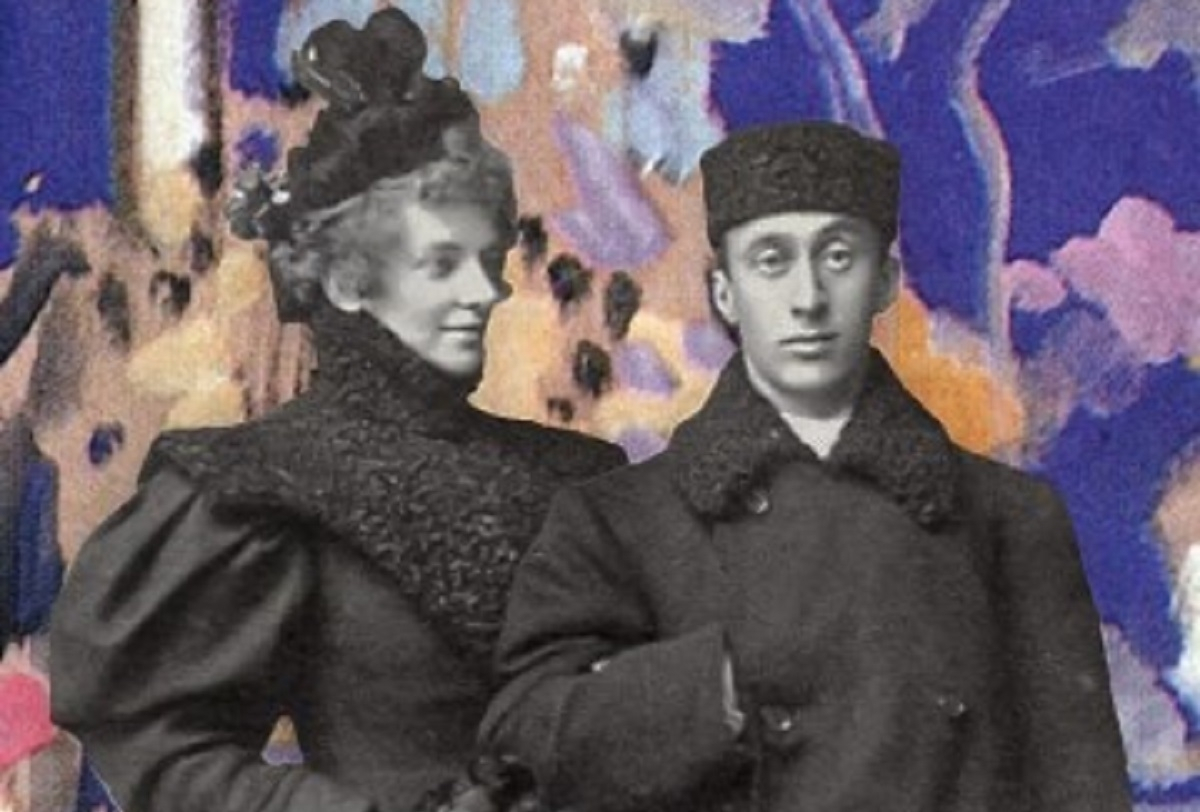History of the Third Testament: Zinaida Gippius and Dmitry Merezhkovsky

The Representative Office of St Petersburg University in Barcelona will host a lecture "The History of the Third Testament: Zinaida Gippius and Dmitry Merezhkovsky". The lecture will be delivered by Nina Shcherbak, PhD in Philology.
If we claim that we live in the best of all possible worlds, then how many such worlds are there? And what can cause their extinction? Every thinking person on earth has probably pondered over similar philosophical and theological questions. A master essayist, poet, literary critic and translator Dmitry Merezhkovsky sought for answers to these questions in antiquity. His quest for answers produced a brilliant book that we are going to discuss during our next meeting.
The term "third testament" traditionally refers to concepts of various authors who claim to open a new stage in the relationship between God and man. In creative collaboration with the poet Zinaida Gippius, Dmitry Merezhkovsky developed his religious theory of the Third Testament. The idea was that the first two testaments — the Old Testament of God the Father and the New Testament of God the Son — should be replaced by the Third Testament of the Holy Spirit. In the Old Testament, the power of God was revealed to man as truth. In the New Testament, man received "truth as love". In the last revelation, or the Third Testament, according to Merezhkovsky and Gippius, man is destined to know "love as freedom". The very idea was borrowed by Dmitry Merezhkovsky from the medieval Italian mystic and theologian Joachim of Fiore.
The union of Dmitry Merezhkovsky and Zinaida Gippius has been regarded as the most famous creative tandem in the history of Russian culture of the Silver Age. They married in January 1889, when he was 23 and his bride was 19. The young Zinaida — red-haired, with deep greenish-gray eyes — was often likened to a water nymph and enchantress by contemporaries. The couple was almost never seen separately, they lived together for 52 years, not parting for a single day.
Their apartment in the Muruzi House became the intellectual and cultural hub of St Petersburg. Among their guests were poets Alexander Blok, Andrei Bely and Valery Bryusov, as well as many other prominent literary figures of the day. The Merezhkovskys perceived the October Revolution as "the accession of the Antichrist". In 1919, they emigrated to Paris, where they tried to recreate their famous literary salon.
Lecturer
Nina Shcherbak is Associate Professor in the Department of English Philology and Cultural Linguistics at St Petersburg University, Master of Arts (the United Kingdom), a writer and screenwriter. She is also a scriptwriter for science television shows, author of fifteen monographs and books on linguistics, literature, philosophy of language, and English literature.
The lecture will be held as part of the celebration of the 300th anniversary of St Petersburg University, the oldest university in Russia.
The meeting will be held online in Russian with simultaneous interpreting into Spanish.

